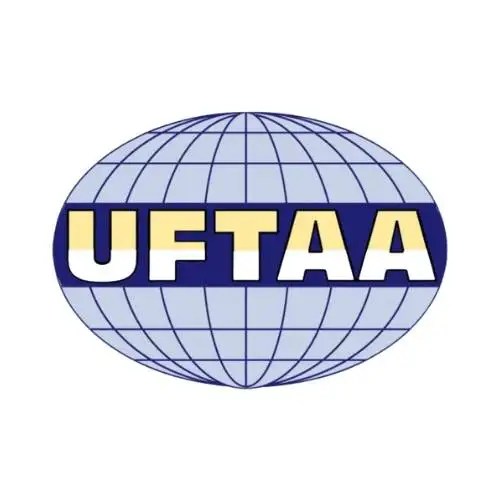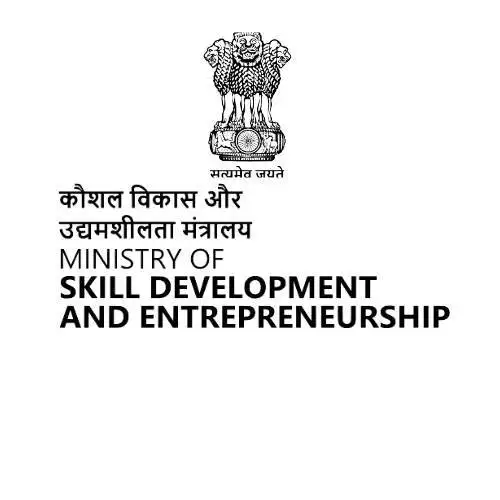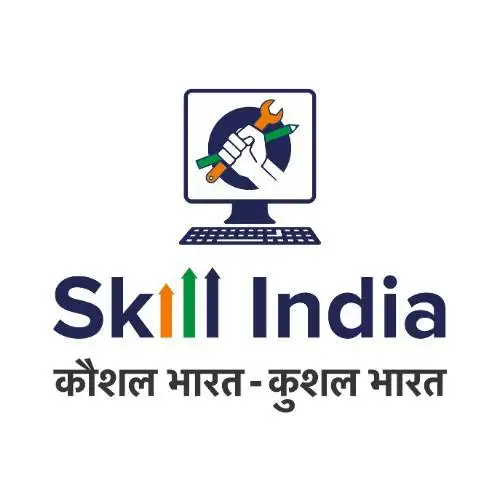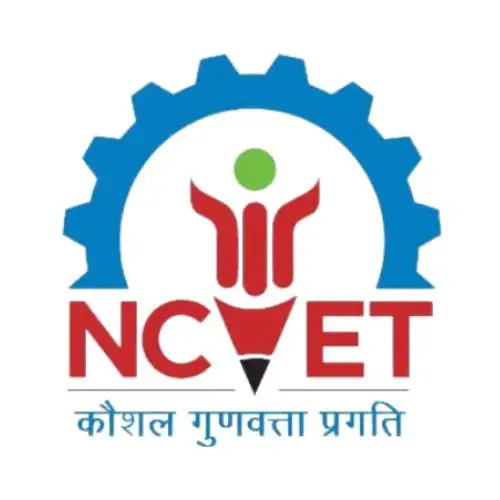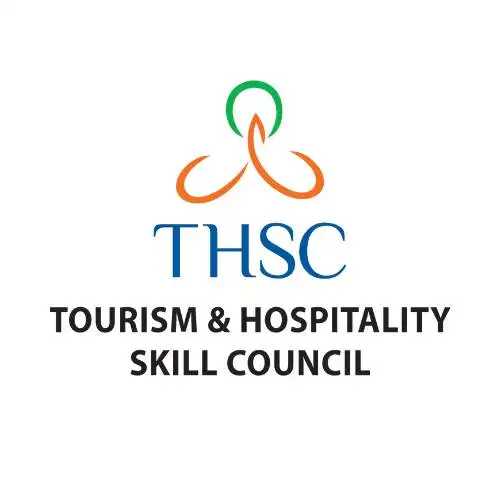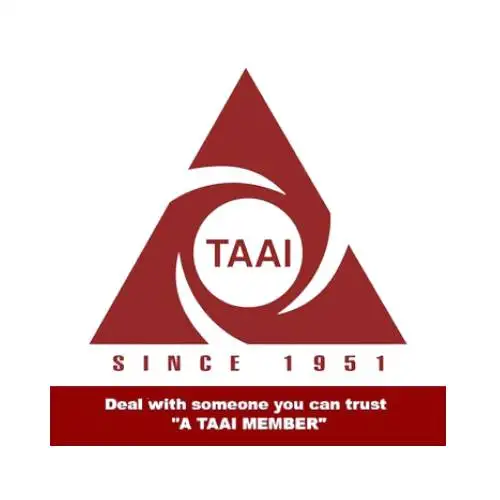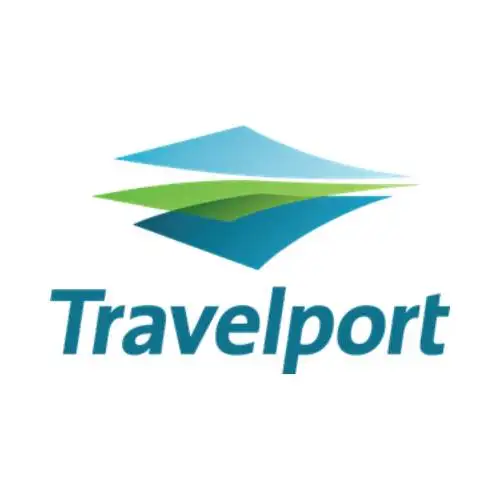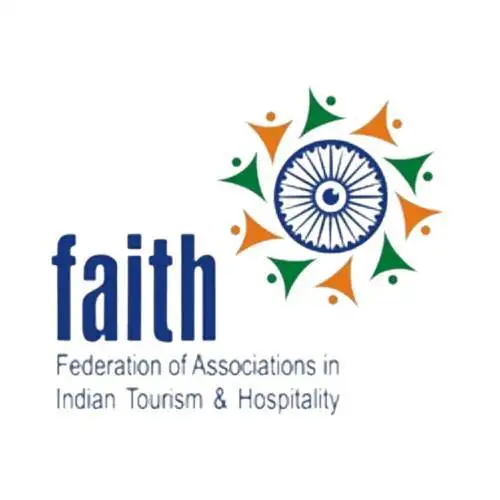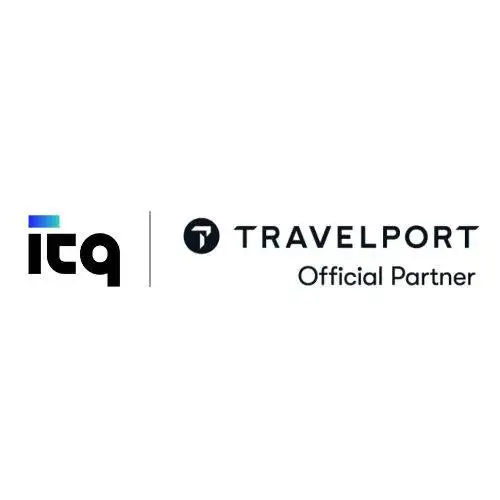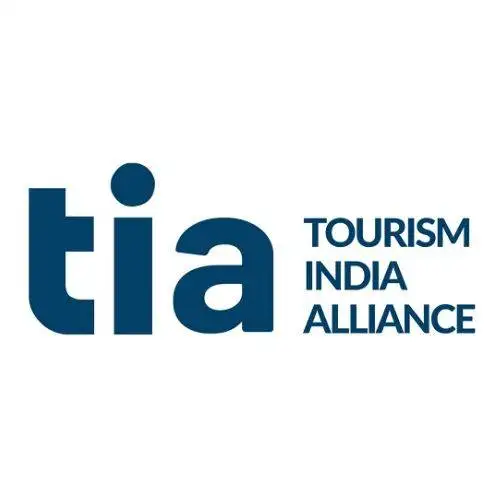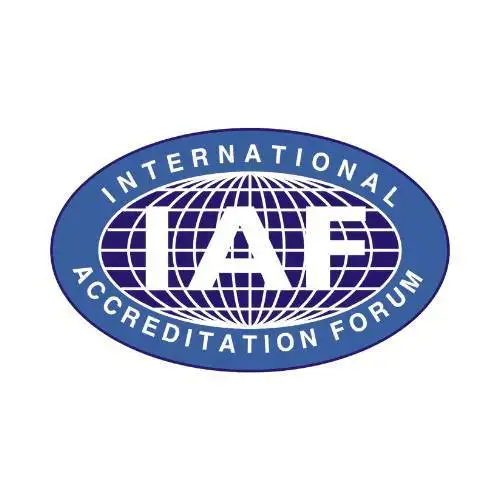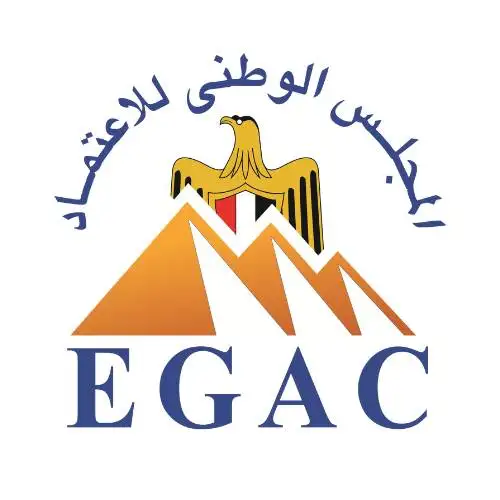Diploma in Cabin Crew Management
Diploma in Cabin Crew Management – At Air Grace Aviation Academy, our Cabin Crew Management Training Program is designed to equip students with in-depth knowledge, practical skills, and real-world expertise to excel in the aviation industry. The curriculum is structured to cover every aspect of cabin crew responsibilities, passenger service, and operational protocols.
Our Government Registration and Affiliations:

Diploma in Cabin Crew Management – Course Content Overview
1. Introduction to Aviation Industry
- Explore the history, structure, and dynamics of the global aviation sector.
- Understand the role of cabin crew in modern aviation.
2. History of Aviation
- Learn about key milestones and technological advancements in aviation.
- Discover how aviation has evolved to become a cornerstone of global transportation.
3. Aircraft Manufacturers and Aircraft Types
- Overview of leading aircraft manufacturers (e.g., Boeing, Airbus).
- Differentiate between passenger, cargo, and private aircraft.
4. Cabin Crew: Definition and Responsibilities
- Define the roles and responsibilities of cabin crew.
- Understand the critical importance of passenger safety and comfort.
5. Regulatory Framework
- Study Aircraft Rules 1937 as per DGCA related to cabin crew.
- Familiarize with global aviation laws and safety regulations.
6. Aviation Terminologies and Abbreviations
- Master key aviation terminologies and commonly used abbreviations.
- Learn to communicate effectively with industry-specific language.
7. Phonetic Codes in Aviation
- Learn the phonetic alphabet (A to Z) used in aviation communication.
Diploma in Cabin Crew Management – Cabin Crew Operations
8. Understanding Flight Types
- Explore various flight categories (domestic, international, chartered).
- Learn the purpose and requirements of each type of flight.
9. Pre-Flight and Post-Flight Briefings
- Importance of briefings in ensuring a smooth journey.
- Key components of pre-flight and post-flight communication.
10. Aircraft Features
- External Features: Wings, engines, fuselage, etc.
- Internal Features: Cabin layout, seating arrangements, emergency exits.
11. Passenger Journey
- Map the passenger experience from check-in to boarding and disembarkation.
- Handle the disembarkation process efficiently.
Specialized Passenger Handling
12. Special Passenger Categories
- Identify and assist passengers with reduced mobility, unaccompanied minors, and VIPs.
- Master handling techniques for various passenger needs.
13. Work Positions and Announcements
- Understand the different work positions on a flight.
- Learn to make clear, concise, and effective in-flight announcements.
Service and Emergency Procedures
14. Service Equipment and Meal Service
- Identify and utilize onboard service equipment.
- Learn step-by-step procedures for meal and beverage service.
15. Dangerous Goods Procedure
- Understand how to identify, handle, and store hazardous materials onboard.
16. Aviation Security
- Explore measures to ensure in-flight and airport security.
17. Emergency Commands and Equipment
- Learn emergency commands for various scenarios.
- Familiarize with emergency equipment like life vests, oxygen masks, and fire extinguishers.
18. Managing Emergencies Onboard
- Address medical and non-medical emergencies effectively.
- Study procedures for handling turbulence, evacuations, and passenger incidents.
First Aid and Practical Training
19. First Aid and Medical Emergencies
- Learn basic first aid techniques and protocols.
- Handle various medical emergencies like fainting, asthma attacks, or cardiac issues.
20. Practical Exercises and Drills
- Participate in hands-on activities like fire drills, passenger evacuation, and security checks.
21. Role-Plays and Case Studies
- Simulate real-life scenarios to build problem-solving and decision-making skills.
- Analyze case studies to apply theoretical knowledge practically.
22. Aviation Movies and Video Screenings
- Watch curated videos and documentaries for enhanced learning.
Skill Development and Assessments
23. Soft Skills and Grooming
- Master corporate etiquette, communication, and customer care skills.
- Learn to present yourself professionally as a cabin crew member.
24. Assessments and Examinations
- Participate in periodic assessments on safety, first aid, and operational protocols.
- Engage in mock interviews and role-plays to build confidence.
Why Choose Air Grace Aviation Academy?
- Expert Faculty: Learn from experienced professionals with decades of industry experience.
- Practical Focus: Gain hands-on experience through practical drills and activities.
- Comprehensive Curriculum: Cover all aspects of cabin crew responsibilities and aviation operations.
- State-of-the-Art Facilities: Access modern classrooms, labs, and training simulators.
Accreditation and Affiliations:
- Skill India Program: Affiliated with the Ministry of Skill Development & Entrepreneurship.
- Tourism & Hospitality Skill Council (THSC): Ensures top-quality training.
- Travel Agents Association of India (TAAI): Partnerships with top industry leaders.
For more information about our Cabin Crew Training Program, visit Air Grace Aviation Academy.
FAQs for Cabin Crew Training at Air Grace Aviation Academy
1. What is Cabin Crew Training?
Answer:
Cabin Crew Training equips individuals with the skills and knowledge required to work as flight attendants. It covers safety procedures, customer service, first aid, emergency handling, and in-flight service.
2. What are the eligibility criteria for Cabin Crew Training?
Answer:
To enroll in Cabin Crew Training, you typically need:
- Age: 18–27 years (may vary by airline).
- Education: Minimum 10+2 or equivalent.
- Language: Proficiency in English.
- Physical Fitness: Good health, clear vision, and appropriate height-to-weight ratio.
3. What are the course fees for Cabin Crew Training?
Answer:
The fees for Cabin Crew Training vary based on the institute and duration, ranging between ₹90,000 to ₹3,00,000. At Air Grace Aviation Academy, we offer competitive pricing with excellent value.
4. What skills are taught in a Cabin Crew Training course?
Answer:
The course includes:
- Customer service and communication skills.
- Safety procedures and emergency management.
- First aid and medical training.
- Grooming and corporate etiquette.
- Meal and beverage service procedures.
5. How long is the Cabin Crew Training program?
Answer:
The duration of Cabin Crew Training typically ranges from 6 to 12 months, depending on the curriculum. At Air Grace Aviation Academy, we offer flexible training schedules to suit student needs.
6. What job opportunities are available after Cabin Crew Training?
Answer:
Successful candidates can work as:
- Flight Attendants
- Cabin Crew Trainers
- In-Flight Service Managers
- Ground Support Staff
7. Are there height and weight requirements for becoming a cabin crew member?
Answer:
Yes, most airlines require:
- Minimum height: 155 cm (female), 170 cm (male).
- Weight: Proportionate to height as per BMI standards.
8. Do I need prior experience to enroll in Cabin Crew Training?
Answer:
No prior experience is needed. Cabin Crew Training is designed to prepare individuals from all educational and professional backgrounds and Air Grace Aviation Academy is specialized in training the students of Cabin Crew aspirants.
9. Does Air Grace Aviation Academy provide placement assistance?
Answer:
Yes, Air Grace Aviation Academy offers dedicated placement support through campus interviews, partnerships with leading airlines, and career counseling.
10. What languages are required to become a cabin crew member?
Answer:
Fluency in English is mandatory, and knowing additional languages like Hindi or other foreign languages is an advantage.
11. Does Cabin Crew Training include practical sessions?
Answer:
Yes, the training includes hands-on practical sessions such as:
- Emergency drills.
- In-flight service simulations.
- Role-plays for customer handling.
- Mock Intreviews
- Cabin Crew Enacting Sessions.
12. Can I become a cabin crew member after 12th grade?
Answer:
Yes, completing 12th grade is the minimum educational qualification required for most cabin crew training programs and airline jobs.
13. Are there any physical fitness requirements?
Answer:
Yes, candidates must:
- Be in good health.
- Have clear eyesight (with or without glasses).
- Be free from visible scars or tattoos in uniform.
14. What certifications will I receive after completing Cabin Crew Training?
Answer:
Graduates receive certifications recognized by leading airlines and aviation authorities, increasing their employability in the aviation industry.
15. Is Cabin Crew Training difficult?
Answer:
The training is comprehensive but manageable with dedication. It involves learning practical skills, safety protocols, and customer service techniques.
16. What is the average salary of a cabin crew member?
Answer:
The average starting salary for cabin crew members in India ranges from ₹25,000 to ₹50,000 per month. International airlines offer higher pay scales and additional benefits.
17. What is the difference between a flight attendant and cabin crew?
Answer:
The terms are often used interchangeably. However, “cabin crew” refers to the entire team onboard, while “flight attendant” is a specific role within the cabin crew.
18. Can I apply to international airlines after completing training in India?
Answer:
Yes, with the right skills and certifications, you can apply to international airlines. Fluency in English and additional languages can be advantageous.
19. Does the course include grooming and etiquette training?
Answer:
Yes, grooming and corporate etiquette are essential parts of the curriculum to ensure candidates meet industry standards.
20. What is the scope of cabin crew jobs in the future?
Answer:
With the aviation industry’s growth, the demand for trained cabin crew professionals is expected to rise significantly, offering long-term career prospects.
- Cabin Crew Training in Delhi
- Cabin Crew Course Fees and Duration
- Cabin Crew Eligibility Criteria
- Best Cabin Crew Training Institute
- Cabin Crew Salary in India
- Practical Sessions in Cabin Crew Training
- Job Opportunities after Cabin Crew Training
- Cabin Crew Placement Assistance

